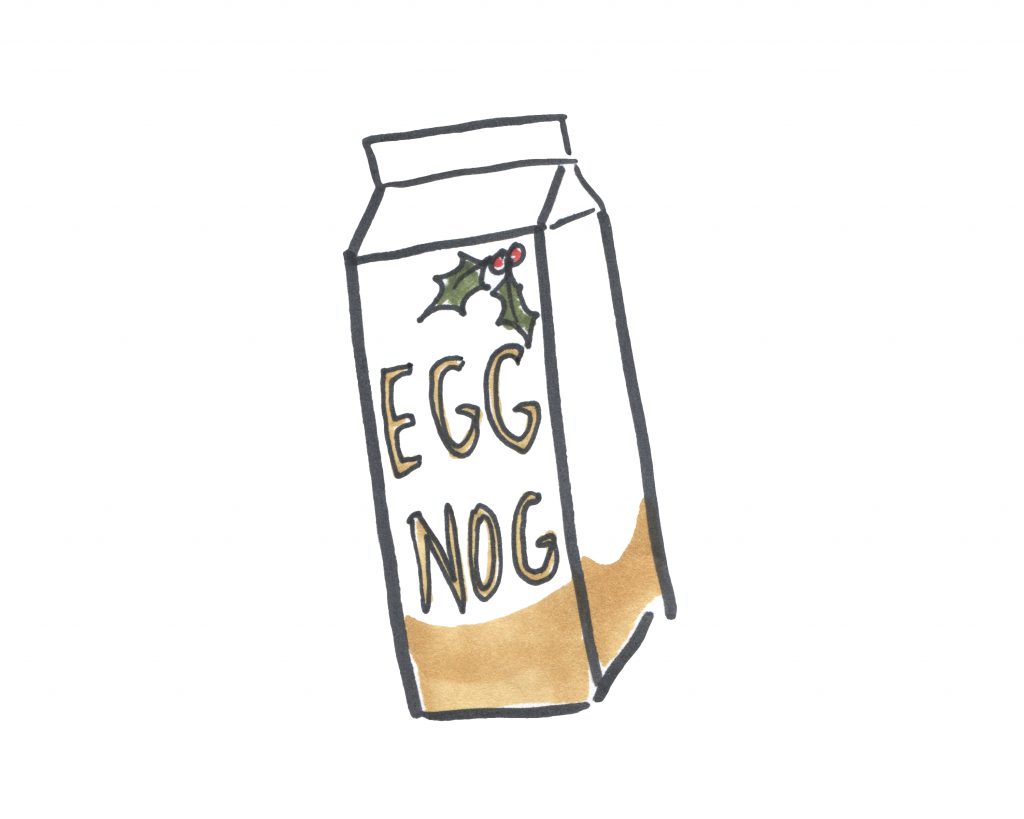When looking up examples of oxymorons I expected to see the term ‘Holiday Stress’ at the top of the list right next to ‘sweet sorrow’ and ‘passive aggressive’. But what I’ve come to realize is that for many people, the terms ‘Merry Christmas’ or ‘Happy Holidays’ are likely more synonymous oxymorons. If you’re like me, holiday stress has become a natural part of the season. End-of-year projects, gift shopping, hanging Christmas lights, travel disruptions, family drama, and “how did I get glitter in my eye again,” have become distractions from the simple joys that are supposed to come with the holidays.
Let’s take a moment to question: Where does this stress come from? Who taught it to us? At what point in our lives did the overwhelming expectations of the holidays outweigh the excitement, pleasure, and relief that we had when we were younger? However, that leads me to wonder, was I really stress-free as a child, or was the anxiety of being on the Naughty List the subconscious origination surrounding this lack of holiday psychological safety? Certainly, questions to ponder as you slide into some sweatpants and pour another glass of eggnog – no judgment.

Thus, how do we make the holidays tantamount to jubilation and liberate ourselves from the interferences that prevent us from enjoying this time of year? Let’s consider first that we all respond to stress differently in different situations. The way I react to the stresses of the holidays can be quite different than that of my spouse. We have different triggers that send us into our stress mindset – mine being the ‘pit of despair’ and hers being the “get out of that pit and do this task for me.” And to make matters worse, stress can be contagious, which is why we may find ourselves more frequently in awkward situations during family gatherings. Feelings of tension, limited communication, and members escaping to their cell phones rather than sharing the moment together have become a common scene.
Feelings of stress are totally natural, and we can feel very justified in our behavior when responding to our needs not being met. However, the longer we linger in stress, the more damage we can do to our relationships and personal objectives. Let’s begin by managing our expectations. If ever there was a year to step back and reflect on the perceived expectations set by ourselves and others, this is it. Attempt to peel back the root motivations behind these expectations that cause you distress. Do I have the prettiest wrapping paper? Should I spend this much on a gift? Should I avoid this gathering because this person is going to be there? Allow yourself a moment to clarify how important these expectations are to you rather than these expectations being dictated by external influences.
The next step is to remove distractions (as much as possible) and identify the areas that provide you pure joy – I know, I sound like Marie Kondo. But seriously, find the ‘joy’ in the ‘chore’ associated with the pleasure you seek. Maybe you despise bringing out the holiday decorations but love the feeling an ornamented tree brings to your home. Find joy in that chore by making it a game with others. Or maybe you loathe the idea of searching for a gift, but revel in the reaction of a perfectly selected present. Find joy in the chore by soliciting ideas from friends before hitting the store aisles. While the struggle helps us appreciate the reward, make the journey towards joy as fulfilling as the outcome.
Lastly, make a list of your favorite holiday memories and/or traditions and share those with the people you care about. Sharing those aspects of the holidays leads others to a common goal or collective outcome. When my wife explains the level of immense happiness gift wrapping brings to her, I don’t get frustrated when she spends hours making the most perfect bows. And when I communicate that spending time with my relatives is my favorite tradition, she doesn’t get irritated that it’s midnight on Christmas Eve and the kids are still playing with their cousins. Knowing our happiest traditions brings a greater level of tolerance when things do go exactly the way we want them to. So, as we approach the apex of this holiday season, let’s attempt to reframe our mindset around holiday stress, and label it as the oxymoron it should be.
Personal awareness and development is part of a stress management journey. Personal awareness and development allow us to better understand how we prefer to and most effectively interact in various settings–including stressful end-of-year holidays. Plaid offers a variety of services and resources to facilitate and support personal development. For more information about Plaid’s personal awareness and development offerings, email info@beingplaid.com.

